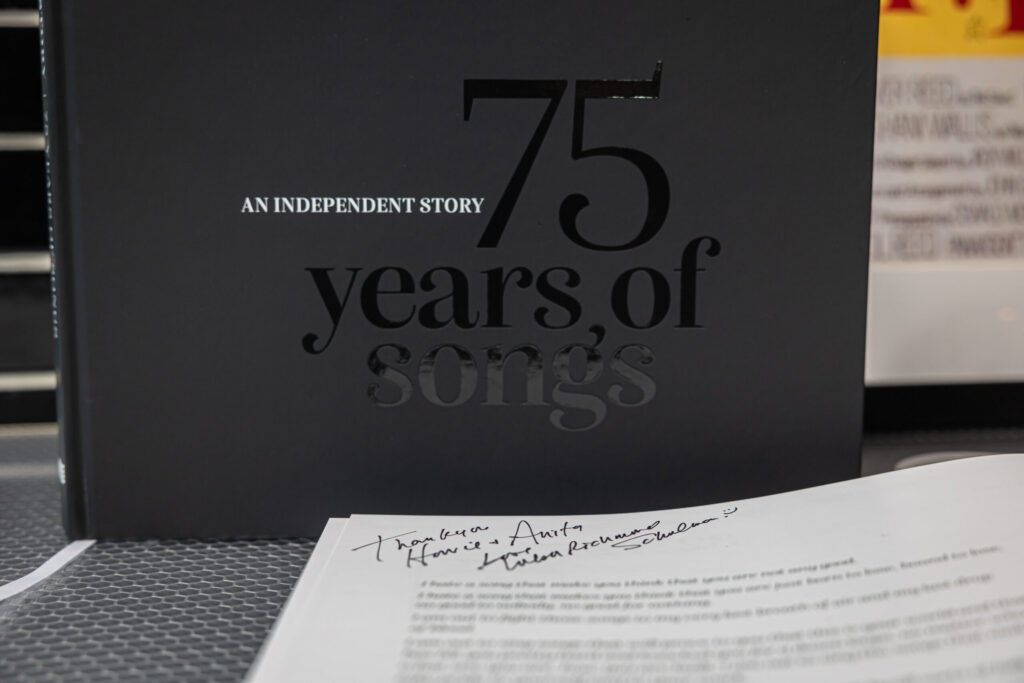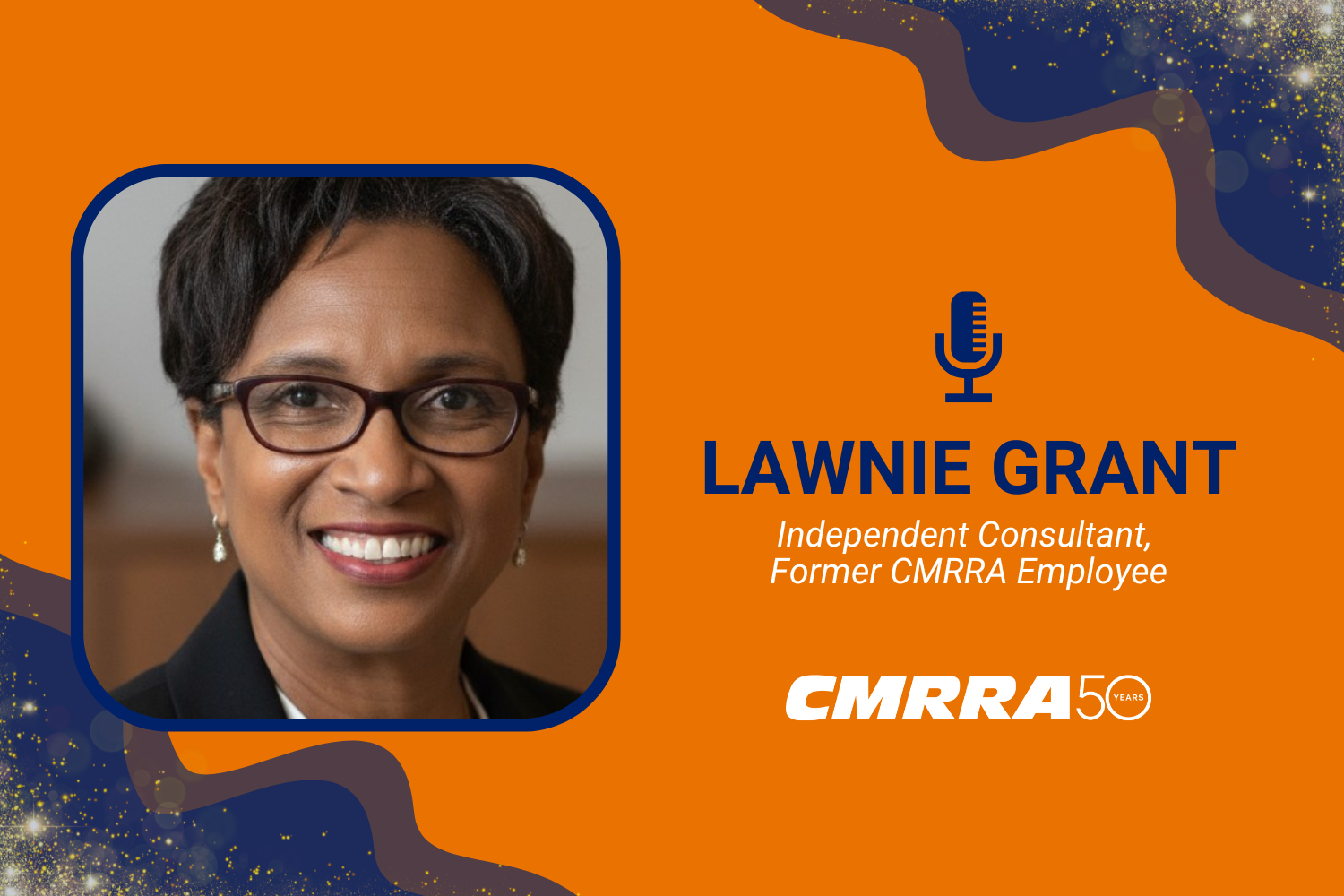By Tabassum Siddiqui
Like many in the publishing sector who love music, Kathryn Ostien first dreamed of a career as a performer. Growing up in Michigan studying classical piano, she decided to parlay her passion for music into working in the music business instead.

“At that point, there was no music-business degree like you can get now,” says Ostien, the COO of Global Music Operations for TRO Essex Music Group. “So I pieced together different internships and sort of fell into publishing, which I didn’t know too much about at the time. And I fell in love with it – this incredible mix of creative and administration.”
Founded in 1949 by music industry legend Howie Richmond – co-founder of the Songwriters’ Hall of Fame and a former press agent for clients such as Glenn Miller, Frank Sinatra, the Andrews Sisters and other top acts – TRO Essex has gone on to become one of the largest independent music publishing companies in the world representing songwriters and artists like Woody Guthrie, Pete Seeger, Black Sabbath, Pink Floyd, Joe Cocker, Bill Evans, Lead Belly and The Who.
“When I got into publishing and came to TRO, it immediately inspired me – there was such a beauty in the history of these incredible songs and the writers we have the fortune to represent and manage,” recalls Ostien, who joined TRO in 2000. “It’s such a powerful thing when you start to really learn about the legacy of each of these songwriters.”
Initially finding success with introducing some of the greatest folk songwriters and early rock’n’roll to American popular music, TRO Essex quickly amassed a catalogue of timeless classics, including “Fly Me to the Moon,” “This Land is Your Land,” “We Shall Overcome,” “Are You Lonesome Tonight,” “Space Oddity” and many more.

As the company celebrates its 75th anniversary in 2024, TRO Essex remains dedicated to helping songwriters through worldwide licensing, promotion, and copyright administration – a mission led by Ostien, whose deep roots in the company help inform the way she deals with the ever-evolving challenges and opportunities of the industry.
“I started in the copyright department, and back then the income streams were mainly mechanical and performance. By 2004, synchronization became much more prevalent and now it’s nearly half of revenue for us,” Ostien notes.
“We happen to have a catalogue that works well for any kind of thing in any market, because it’s so genre-diverse, and we can usually plug an iconic song into any budget or production. We’ve been able to weather all these different storms with mechanicals over the past few decades because of our strength in synch.”
Ostien now oversees TRO Essex’s global reach, consisting of 50 publishing companies with offices around the world (including in Canada) – working hand-in-hand with affiliates and rights organizations in each territory, including CMRRA.

“CMRRA has always been our biggest partner in North America – the Canadian market has always been very important for us,” says Ostien, noting that TRO has been a client since 1976, joining only a year after CMRRA’s founding.
“We love working with CMRRA. The team has always been incredibly transparent – it’s one of the leading collecting agencies in the world, and we’ve always been really proud of our association. It’s absolutely vital to our North American operations.”
Ostien, who joined TRO just as the digital disruption upended the industry with file-sharing sites such as Napster, has had a front-row seat to how music publishing has evolved in response to challenges facing the sector.
“I always say, every three to five years there’s another app or technology that everyone is scared of because it changes things – the way Napster or Spotify did, for example. I don’t think these evolutions are necessarily scary – they are challenging but necessary to stress the copyright laws to evolve with new tech,” Ostien explains.
“There’s never been more music available than there is now. It’s incredible that so many new voices and songwriters can popularize their own music – it’s an exciting time to be a fan of music, and an equally incredible time to be a new songwriter, with all these new distribution channels where you can put things out.
“Where we excel has always been as an administrator. With so many different streams of income, it’s a challenge to always stay on top of all of that, but we’re very good at collecting, claiming, fighting for, and protecting all the songs and songwriters and artists that we have the opportunity to represent,” she adds.
“One thing that we wanted to do was to help new writers and artists consolidate all those channels worldwide. You have so many different societies and collecting sources and it’s difficult if you’re a creator to be constantly going out and searching for your money.”
In marking 75 years in the business, TRO Essex wanted to glance back at its storied history while also looking toward the future.
To celebrate, the company held various events throughout 2024, including a gala in New York City attended by industry partners from around the world; put together a retrospective book; and launched a new label, Shamus Records, in a bid to sign new talent and as a home for recordings of evergreen songs from TRO’s back catalogue.
“As we were getting ready to celebrate the anniversary, we had the idea to nod to the past and our incredible catalogue while reimagining some of those iconic songs, so we brought all of these new artists in to create cover versions for us,” Ostien says. “And while we were in the process of doing that, we thought, why not release them as collections? So that’s in part why we launched our new label.
 “And as our 75th is starting to wind down, we’re ready to move on to the next chapter. We’ve used the momentum to make a nice push with the label – we’ve signed more than 30 new songwriters this year, released 6 albums on Shamus, including 8Ball by Toronto-based artist, Sam Louis. We’re excited to stand on the shoulders of our history and look to the future with these new songwriters and artists that we are getting to know right now.”
“And as our 75th is starting to wind down, we’re ready to move on to the next chapter. We’ve used the momentum to make a nice push with the label – we’ve signed more than 30 new songwriters this year, released 6 albums on Shamus, including 8Ball by Toronto-based artist, Sam Louis. We’re excited to stand on the shoulders of our history and look to the future with these new songwriters and artists that we are getting to know right now.”
Given the rapid-fire pace of change in the industry, ensuring creators, songwriters, and artists are educated about their rights is a critical part of TRO’s approach, Ostien points out.
“Number one, you must protect your work – it must be copyrighted. Don’t just assume – make sure they are worldwide. I feel like sometimes there’s a misunderstanding by songwriters – you are not necessarily protected in copyright law just by registering with a local society and/or collective. There are other steps you need to take to protect your work,” Ostien stresses.
“Now there are so many different lines of income – streaming, performance, downloads, etc. – all of it is starting to blend together in a different way. So make sure you protect, register, and promote.”
And as TRO Essex maps out the next 75 years, protecting the legacy of its historic catalogue while also ensuring the company continues to innovate is a key part of Ostien’s leadership philosophy.
“I’ve seen so many changes – so many things that have come along that the industry has often gotten so nervous about. As those changes come, they push the copyright law, and help it grow as it should – because it needs to adapt and change,” she says.
“If I had any advice to give, I’d say: Don’t panic when things start to change. Things will change – and that’s just the nature of what we’re dealing with as a business. We have solid agencies that fight for the rights of songwriters, artists, and music publishers – and we actively work with them to advocate for fair rates and legislation.”
To learn more about TRO Essex Music Group, visit www.troessexmusic.com.




